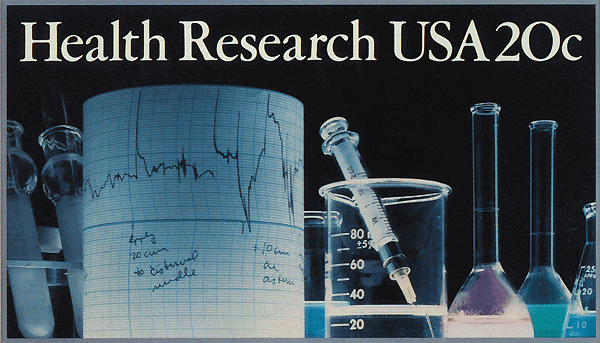The pesticide industry and EU regulators knew as long ago as the 1980s-1990s that Roundup, the world's best selling herbicide, causes birth defects – but they failed to inform the public.
This report, co-authored by international scientists and researchers, reveals that industry’s own studies (including one commissioned by Monsanto) showed as long ago as the 1980s that Roundup’s active ingredient glyphosate causes birth defects in laboratory animals.
The facts are these:
• Industry has known from its own studies since the 1980s that glyphosate causes malformations in experimental animals at high doses
• Industry has known since 1993 that these effects also occur at lower and mid doses
• The German government has known since at least 1998 that glyphosate causes malformations
• The EU Commission’s expert scientific review panel knew in 1999 that glyphosate causes malformations
• The EU Commission has known since 2002 that glyphosate causes malformations. This was the year it signed off on the current approval of glyphosate.
But this information was not made public. On the contrary, the pesticide industry and Europe’s regulators have jointly misled the public with claims that glyphosate is safe. As a result, Roundup is used by home gardeners and local authorities on roadsides, in school grounds, and in other public areas, as well as in farmers’ fields.
As recently as 2010, the German Federal Office for Consumer Protection and Food Safety, BVL, told the Commission there was "no evidence of teratogenicity" (ability to cause birth defects) for glyphosate. BVL made this comment in its rebuttal of an independent scientific study by Argentine scientists which showed that Roundup and glyphosate cause birth defects in experimental animals at concentrations much lower than those used in agricultural spraying. The study was prompted by reports of high rates of birth defects and cancers in areas of South America growing genetically modified (GM) Roundup Ready soy, which is engineered to tolerate being sprayed liberally with glyphosate herbicide. In its rebuttal of the Argentine study, BVL cited as proof of glyphosate's safety the industry studies submitted for the Commission's 2002 approval of glyphosate (the approval that is currently in force in Europe). But the authors of the new report obtained the approval documents and found that contrary to BVL's claim, industry's own studies, conducted in the 1980s and 1990s, showed that glyphosate/Roundup causes birth defects in experimental animals.
Source:
Michael Antoniou, Mohamed Ezz El-Din Mostafa Habib, C. Vyvyan Howard, Richard C. Jennings, Carlo Leifert, Rubens Onofre Nodari, Claire Robinson, John Fagan. Published by Earth Open Source, June 2011 (attached)

- Login om te reageren
